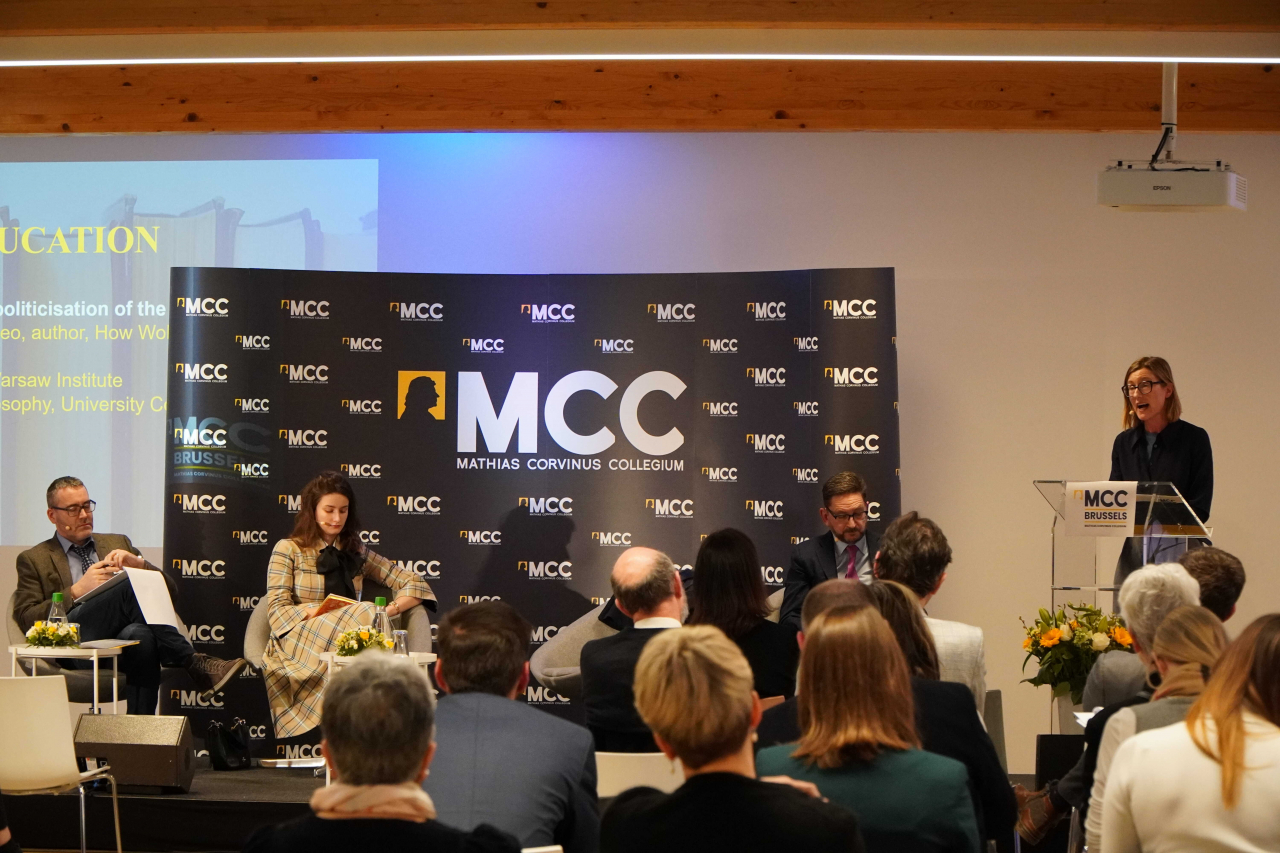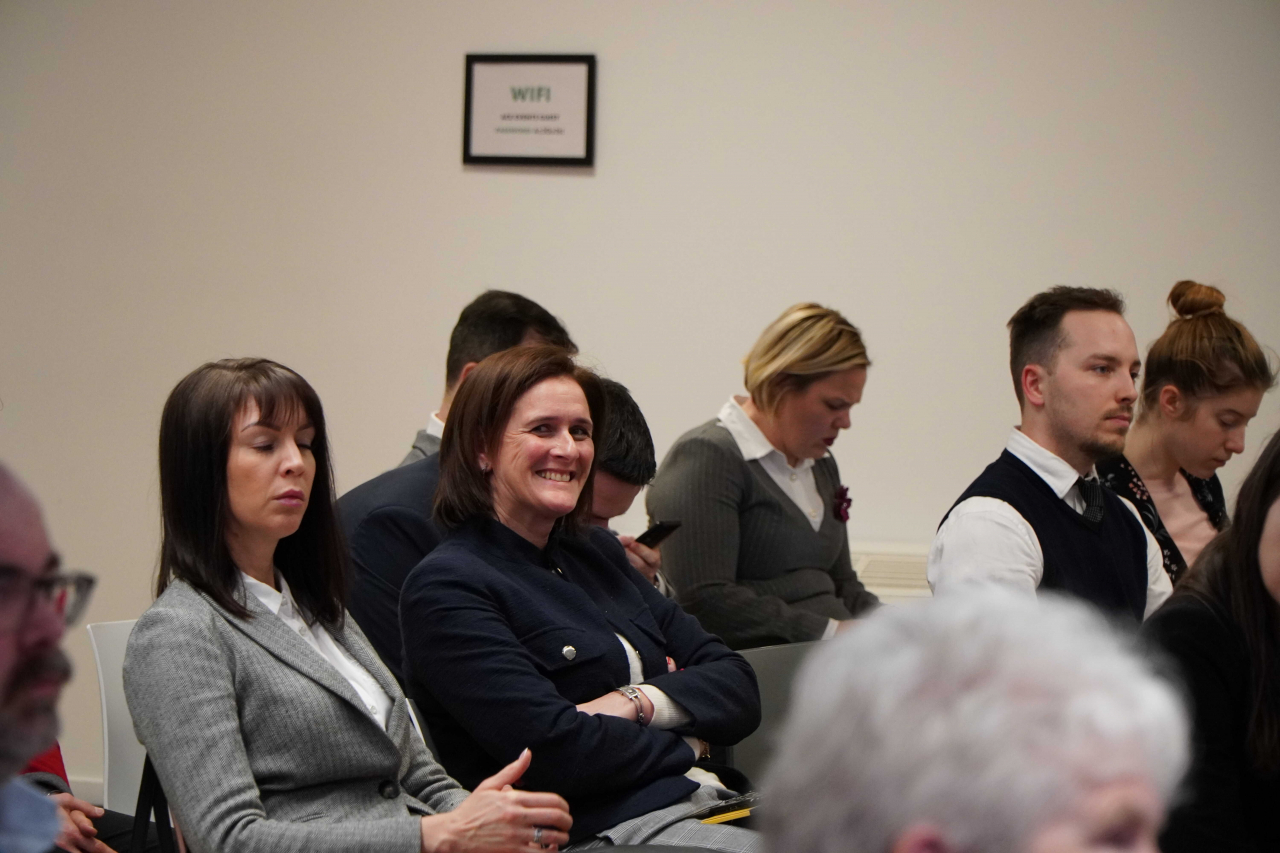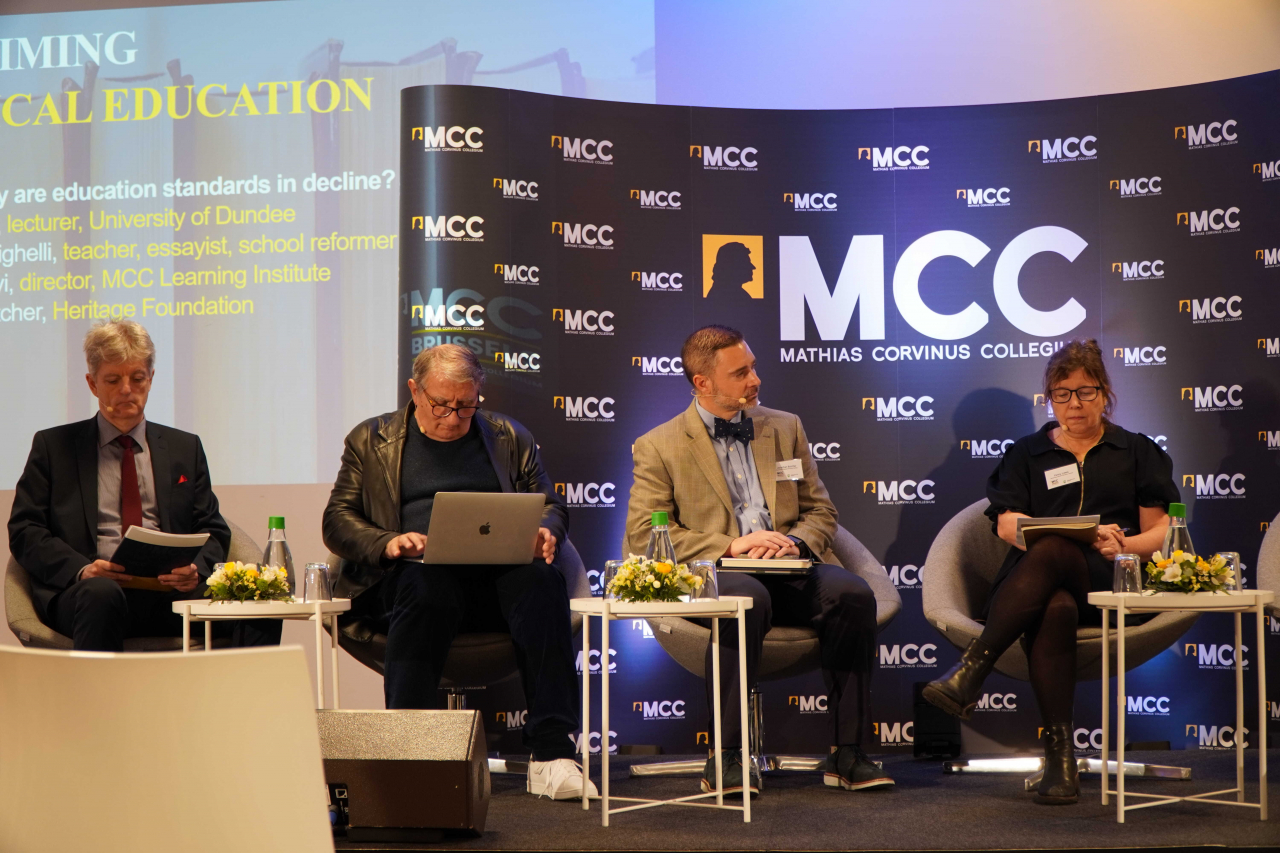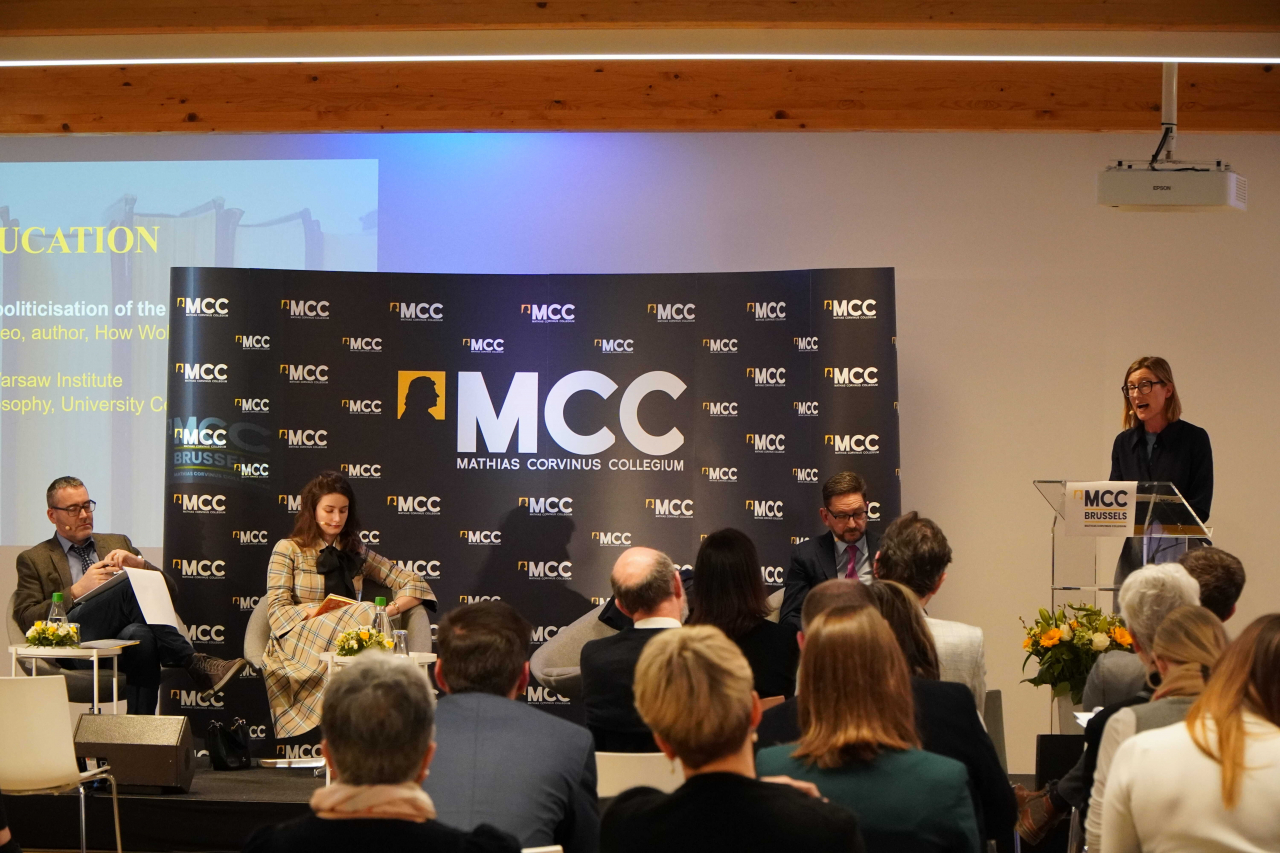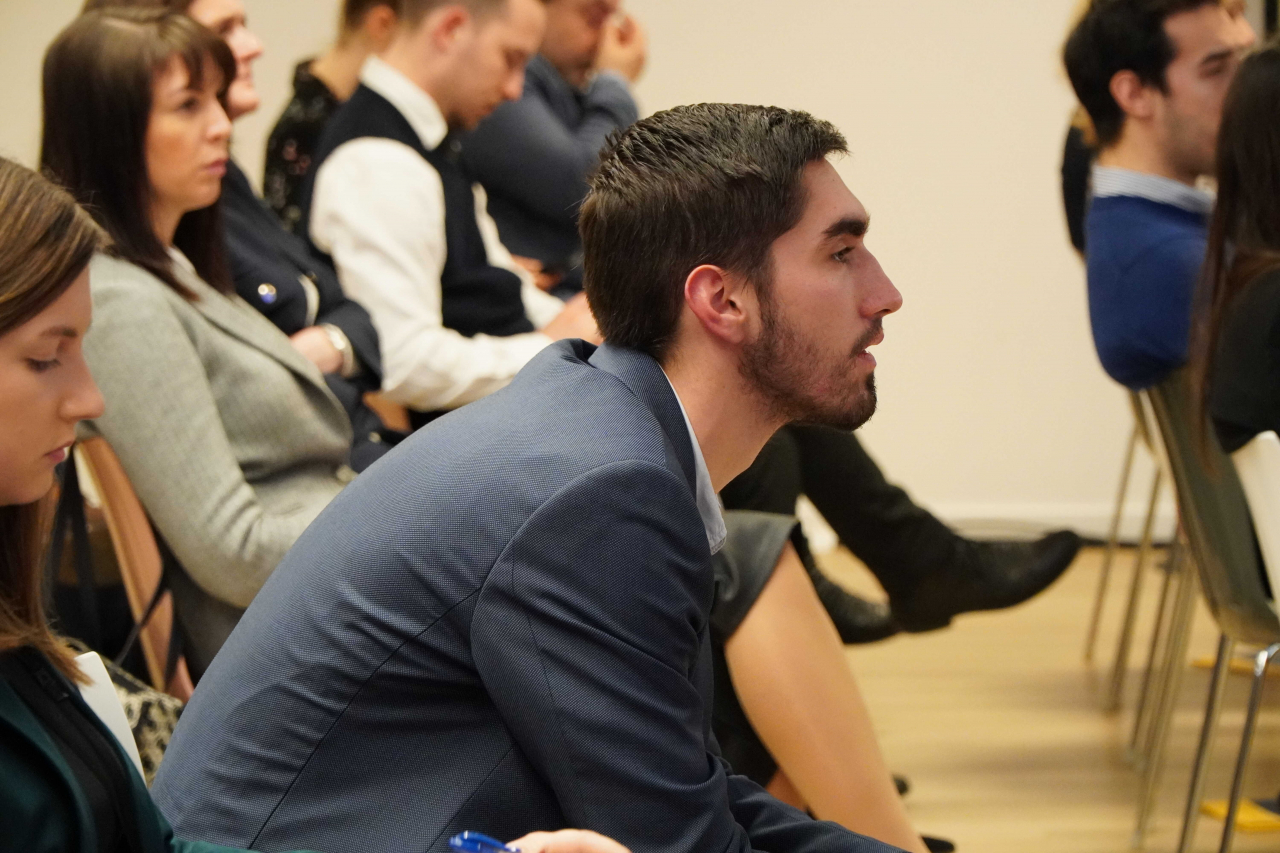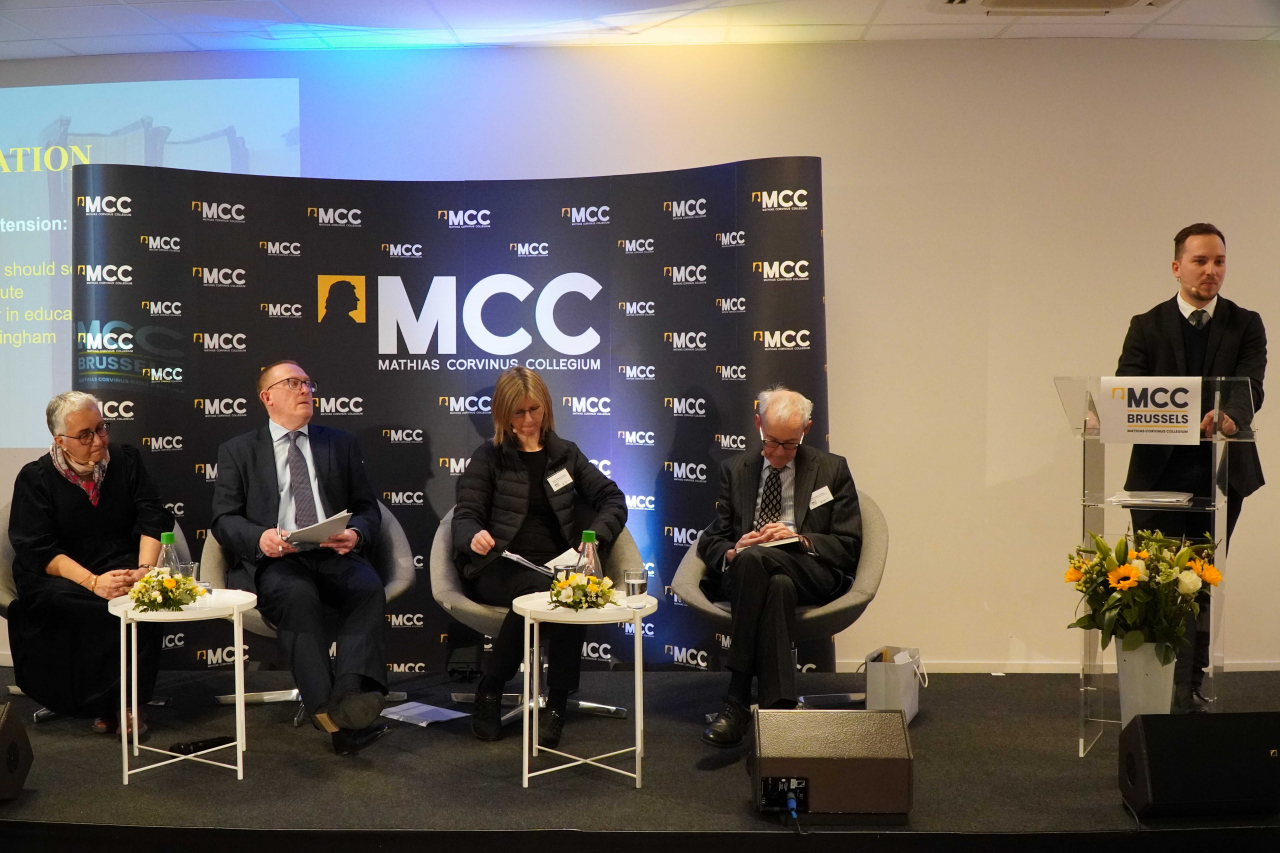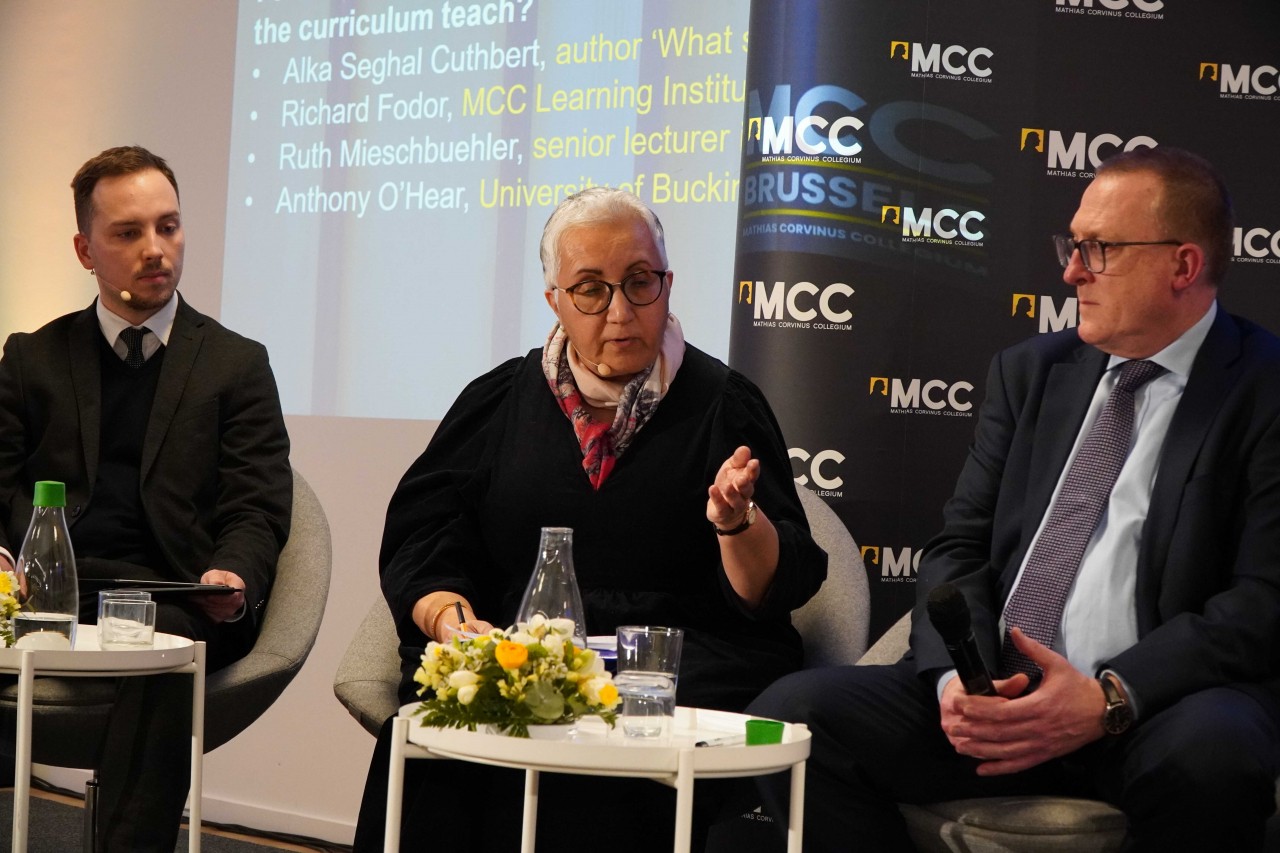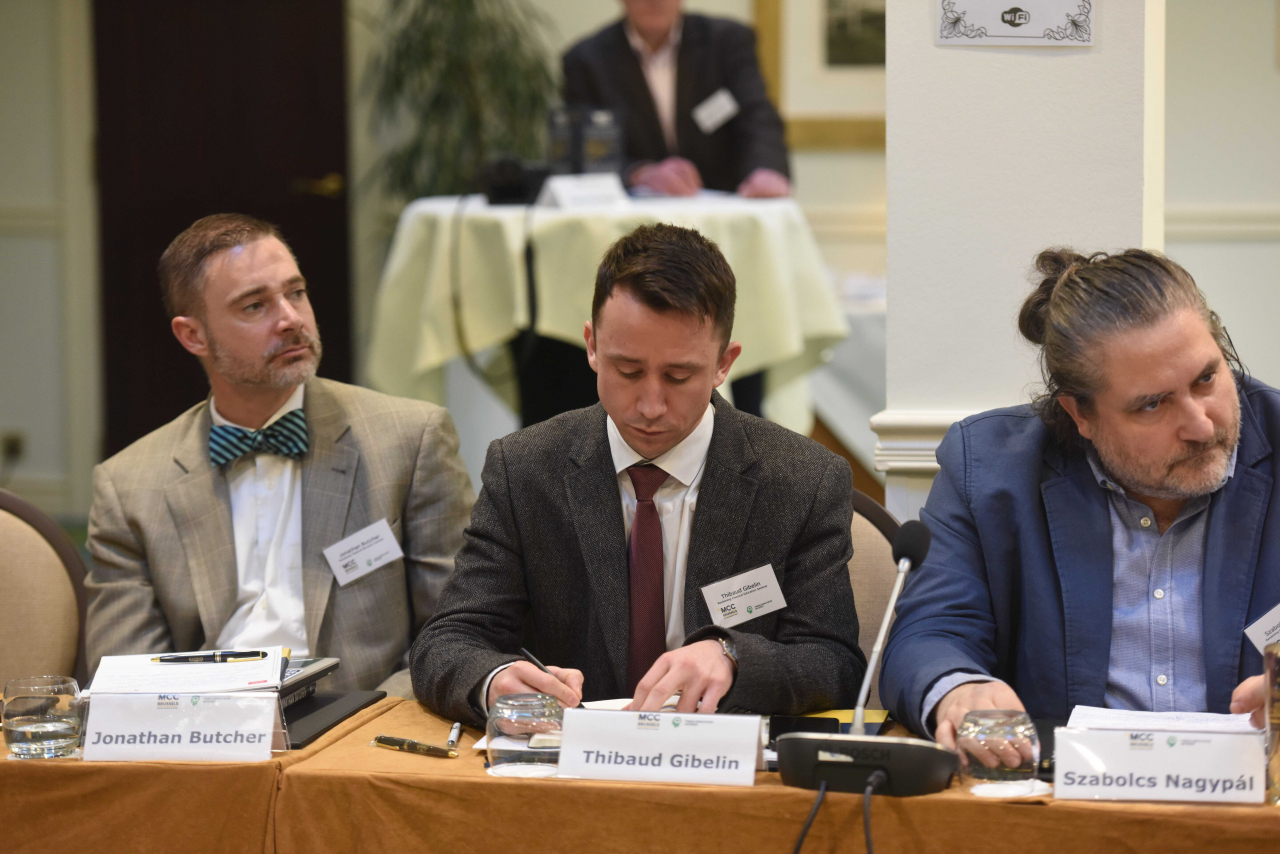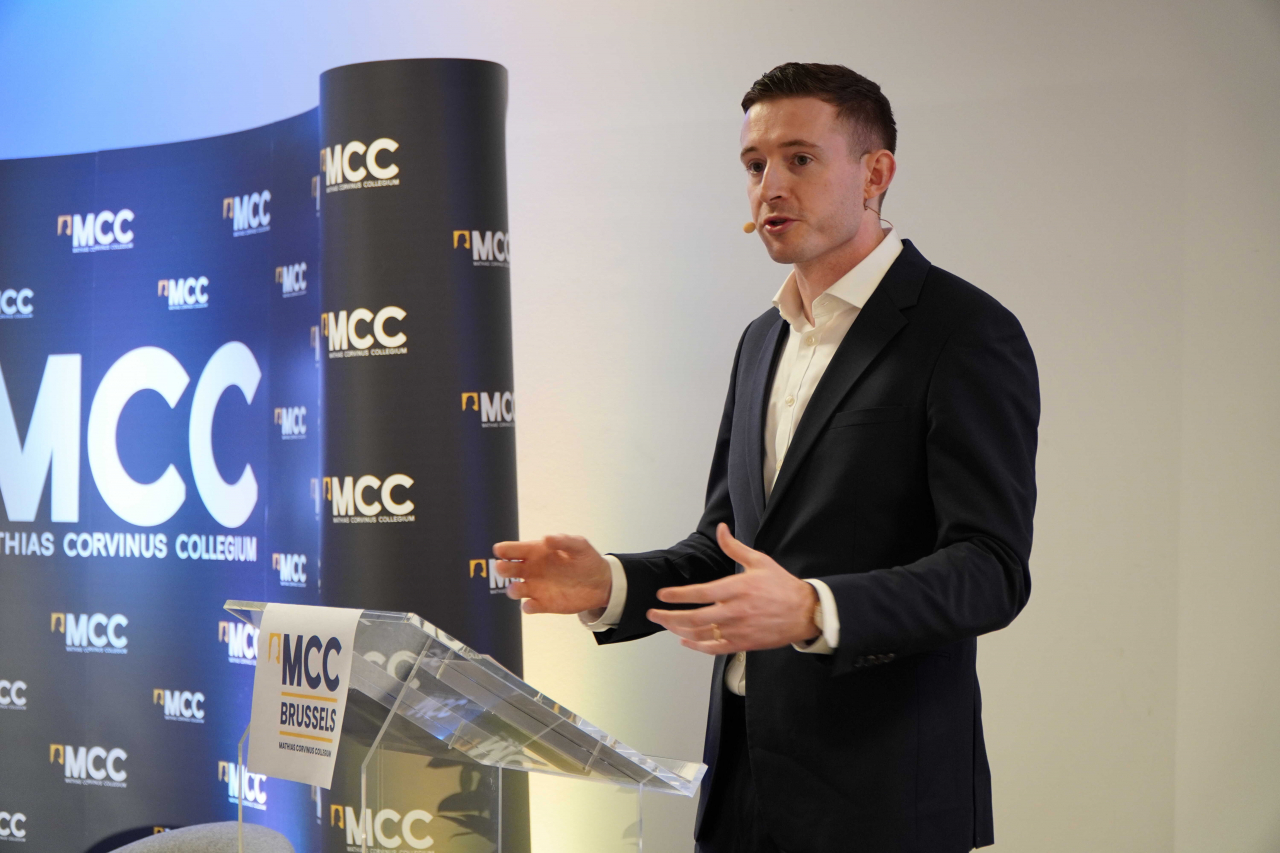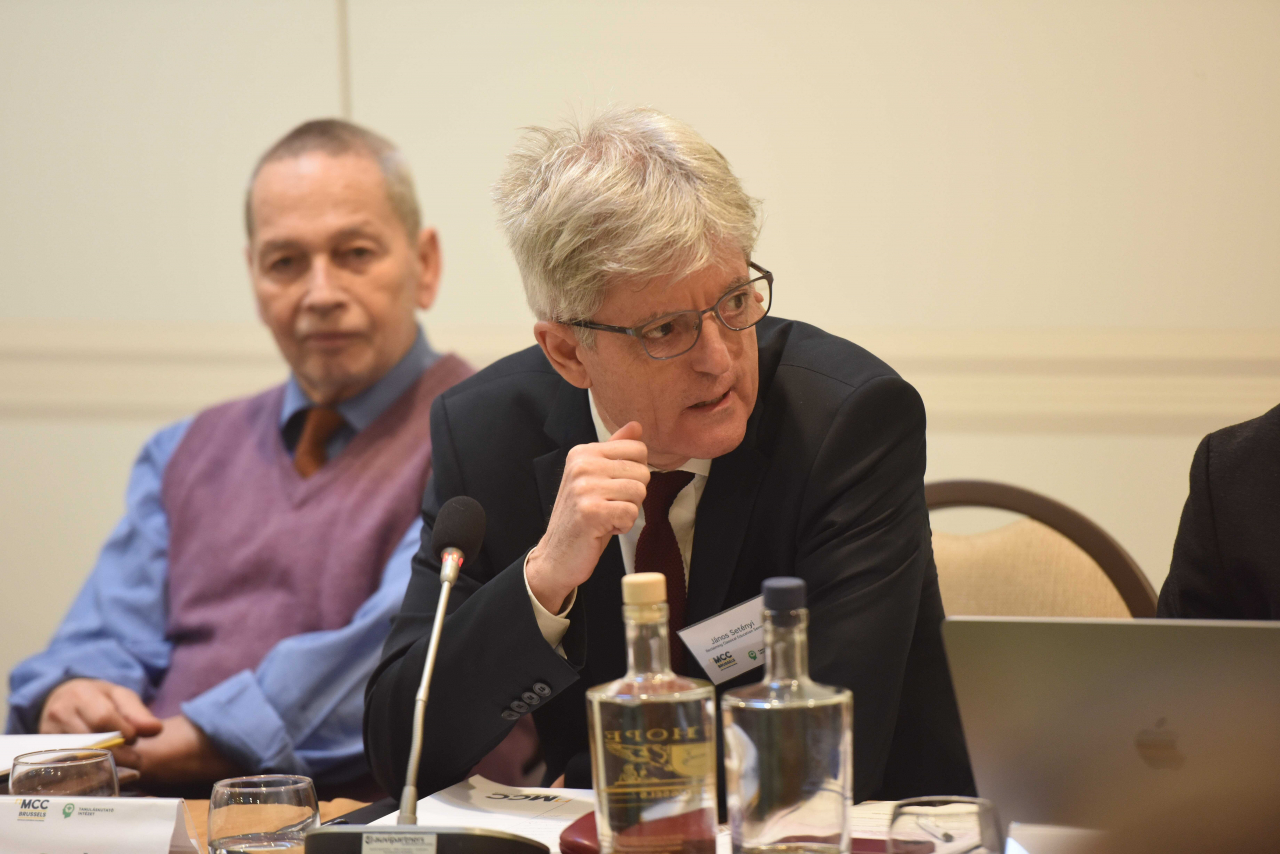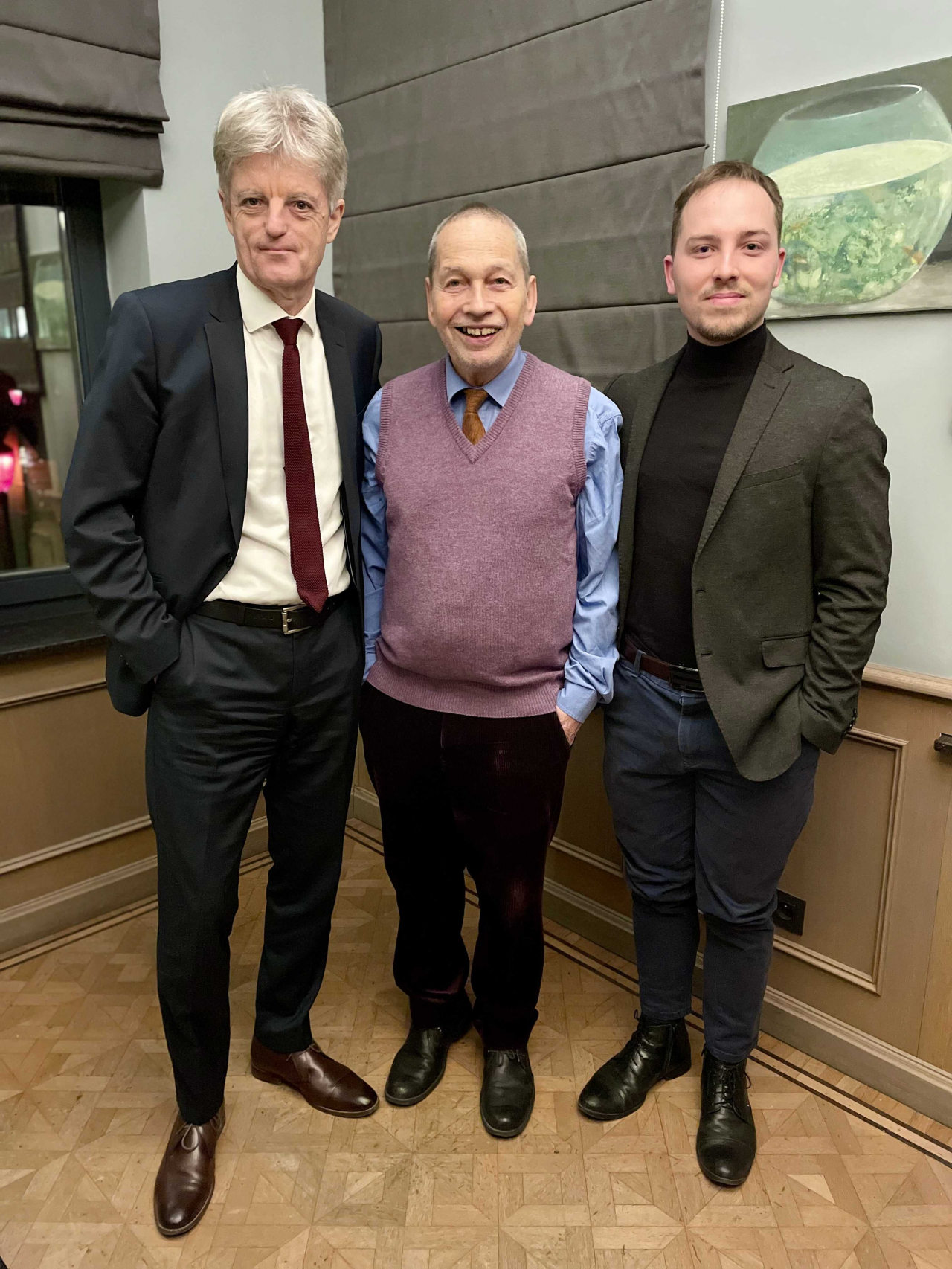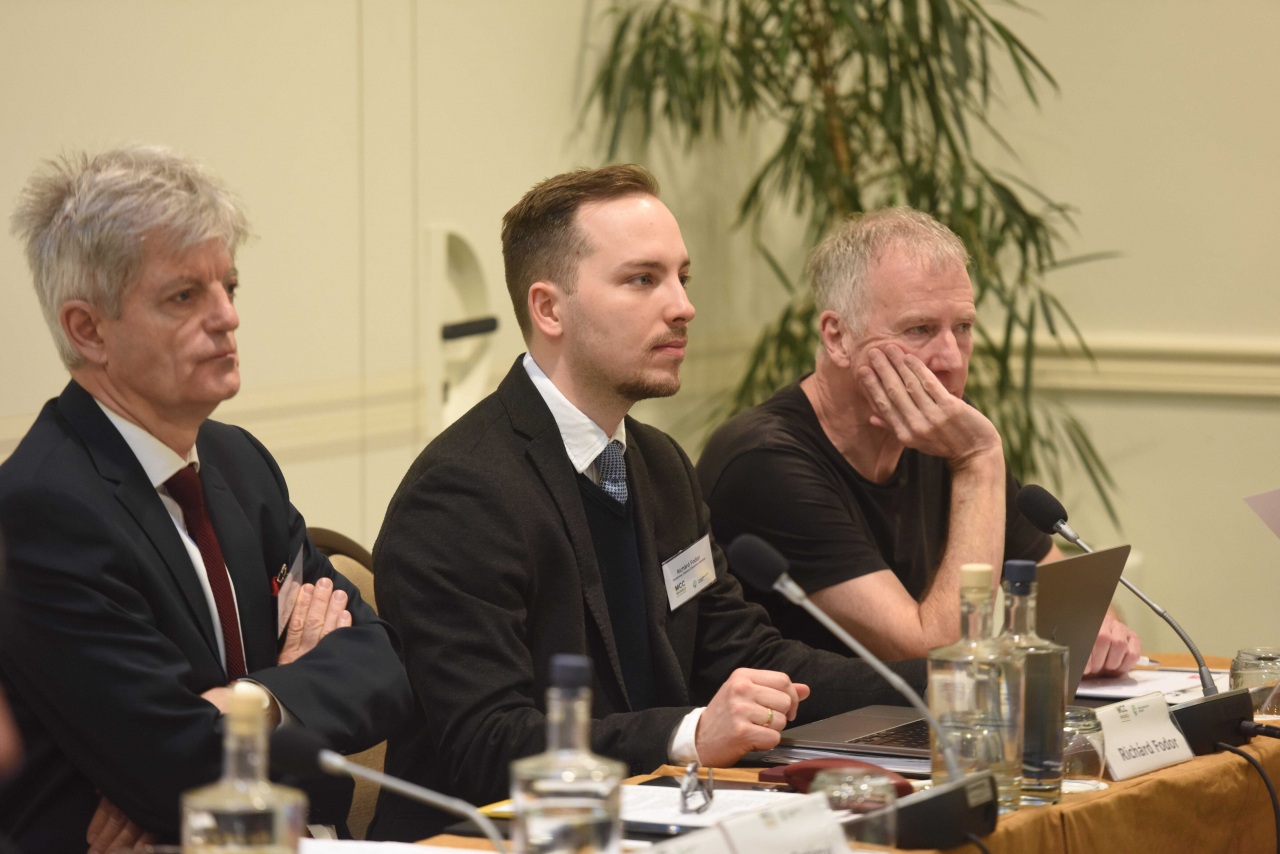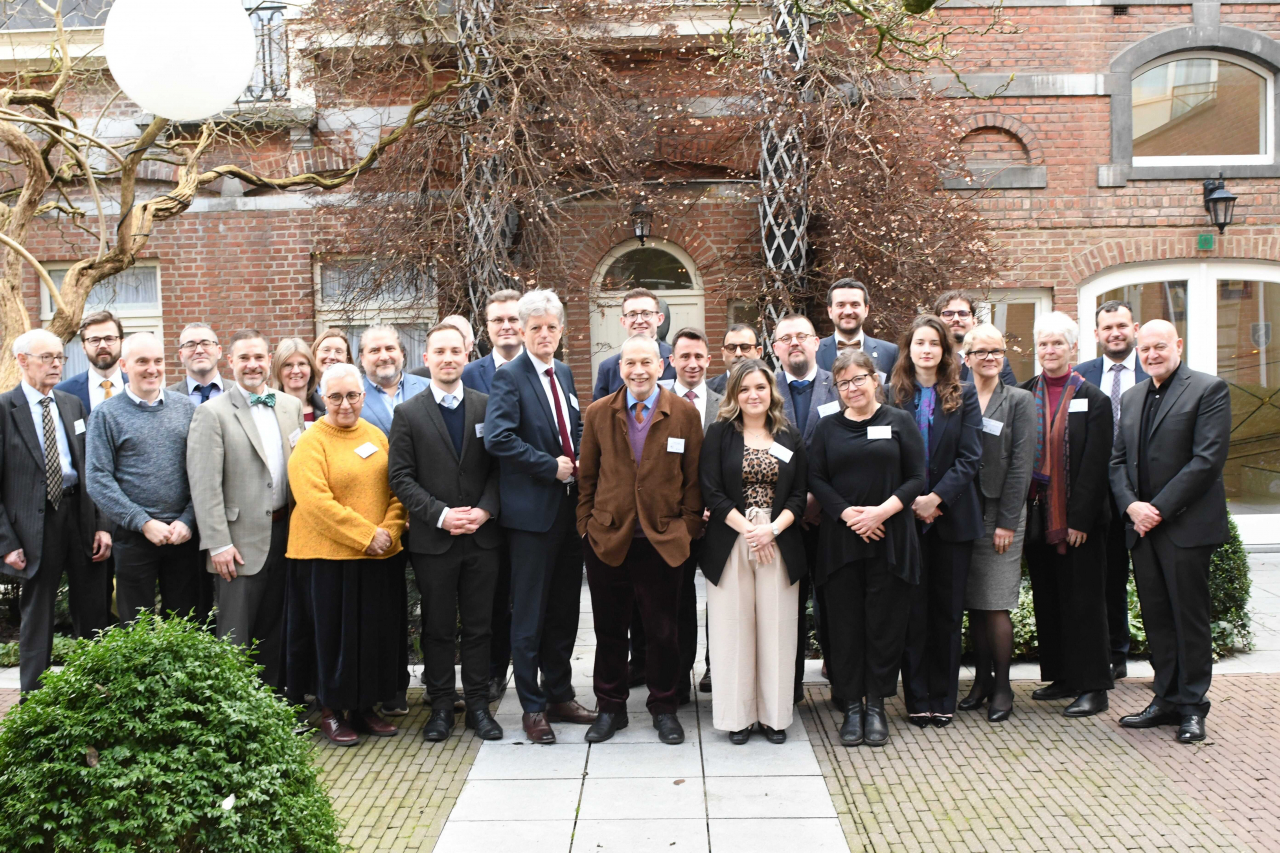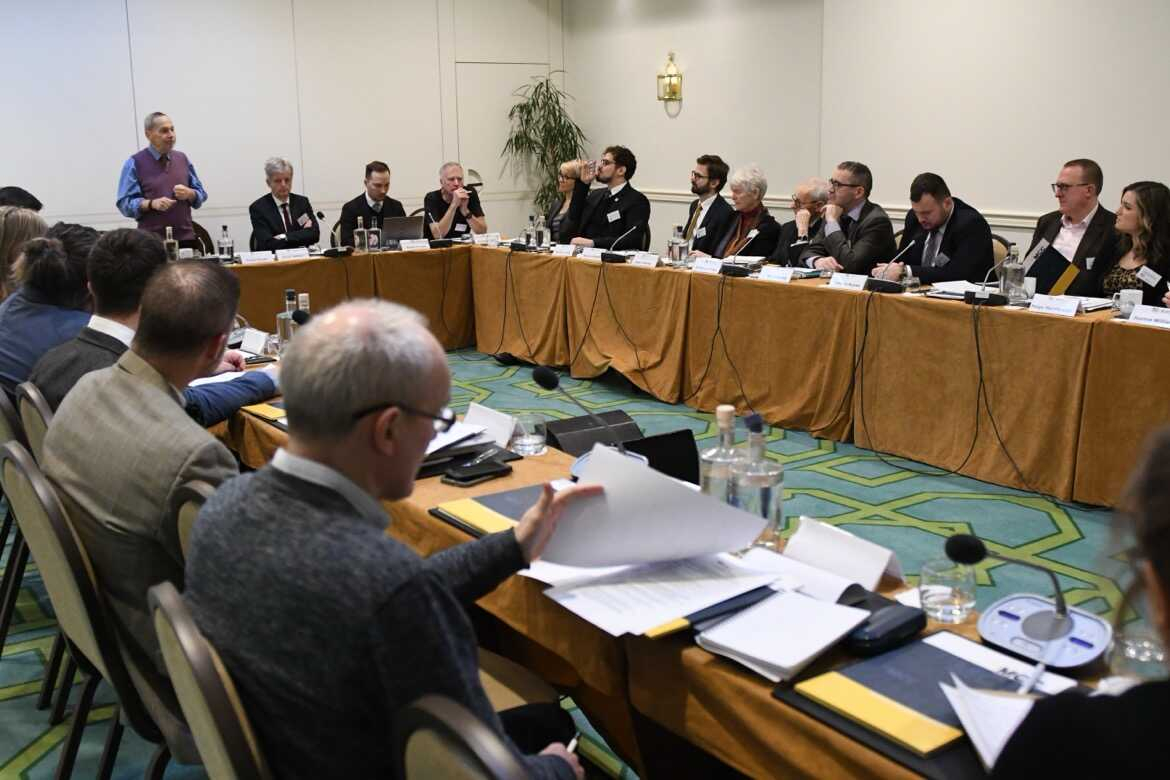Reading time: 4 minutes
Over two days, educators, philosophers, and advocates from diverse backgrounds gathered to discuss the urgent need to enforce the principles of intellectual rigor and cultural heritage in our modern educational environment.
The MCC Learning Institute and MCC Brussels organized a conference aimed at reclaiming classical education. The conference, held on February 12-13th 2024, served as a platform for robust discussions on the components of classical education and the challenges facing the field in both Europe and America.
One of the central themes that emerged was the maintenance of high educational standards and intellectual training rooted in solid disciplinary knowledge. Professor Frank Füredi emphasized the importance of fostering the intellectual maturity of students, the commitment to intellectual rigor, the preservation of cultural heritage, resistance to politicization and the promotion of didactic teaching methods.
British scholars including Anthony O'Hear, Penelope Lewis and Dennis Hayes have voiced their concern about the de-intellectualisation and politicization of the British curriculum. They complained about the exclusion of classical authors and criticized the intrusion of political agendas into education policy. However, examples such as the 'free schools movement' championed by Michael Gove as UK Secretary of State for Education (2010–2014) have also been cited as a hope for restoring education standards.
Central European participants presented initiatives and good practices aimed at integrating conservative and classical approaches into educational institutions. Leaders of organizations such as the MCC, Collegium Intermarium, Anton Neuwerth College and the Ladislav Hanus Institute have emphasized the importance of incorporating classical subjects such as history, literature and philosophy into extracurricular education.
Prof. Anthony O'Hear and Penelope Lewis highlighted the erosion of classical knowledge in curricula and the indoctrination of students, particularly in areas such as sex education and political ideology.
Dennis Hayes emphasized the importance of reclaiming the value of education for its own sake, challenging the prevailing view that education is merely a means to an end.
János Setényi, director of the MCC Learning Institute, emphasized that Hungary still adheres to classical curricula, highlighting the importance of maintaining high standards and traditional values in education. He cautioned against media noise and emphasized the need to preserve educational structures despite Western challenges.
Filip Ludwin of the Polish Collegium Intermarium echoed this sentiment and called for a scholarly examination of classical education and the integration of classical subjects into legal
studies. Martin Luteran, rector of Antona Neuwirtha College of Slovakia emphasized the danger of centralizing education and advocated a return to classical principles to combat premature specialization and past ignorance.
Marek Novák of the Ladislav Hanus Institute in Slovakia emphasized the importance of reading classic texts and organizing conservative summits in order to preserve traditional values.
From the USA, Jonathan Butcher of The Heritage Foundation warned of the politicization of education and the erosion of family values, while Paige MacPherson of the Canadian Fraser Institute emphasized the need for a knowledge-rich education system and the importance of standardized testing.
Nagypál Szabolcs, head of the MCC Law School, emphasized the responsibility of maintaining Greco-Roman and Judeo-Christian civilization and preserving traditions for future generations in a separate philosophical and historical panel.
CIEO's founding director and MCC visiting fellow Joanna Williams highlighted the misuse of history in social engineering and called for a revival of historical knowledge in national curricula.
During the discussions, the participants acknowledged the challenges of modernity and the digital age, but emphasized the importance of preserving classical education as the basis of intellectual and moral development. They called for traditional values, rigorous academic standards, and a holistic approach to education that included rhetoric, language, and physical education.
The second day featured a set of panel discussions on the role of educational standards, relationship of knowledge and skills, therapeutic education and politicisation of the curriculum.
Jacob Reynolds, head of policy at MCC Brussels gave insights into the educational thoughts of Hannah Arendt and elaborated on the questions of responsibility and authority. Reynolds highlighted the importance of the teacher as an ambassador of humanity and thus her beliefs have to be honest to take responsibility for the values transmitted to the students.
Richard Fodor, research project leader of MCC Learning Institute highlighted that in Hungary classical education does not have to be reclaimed as the nation preserved classical values in its education system. He introduced supranational initiatives identifying different sets of competences with limited mentioning of sound disciplinary knowledge. Getting closer to practice he focused on history education and emphasized the significance of preserving disciplinary knowledge, chronology and balance between national, regional and global historical narratives.
As the event concluded, it was clear that the future of classical education depends on a concerted effort to resist the political agenda, preserve traditional values, and instill a love of learning in future generations.
